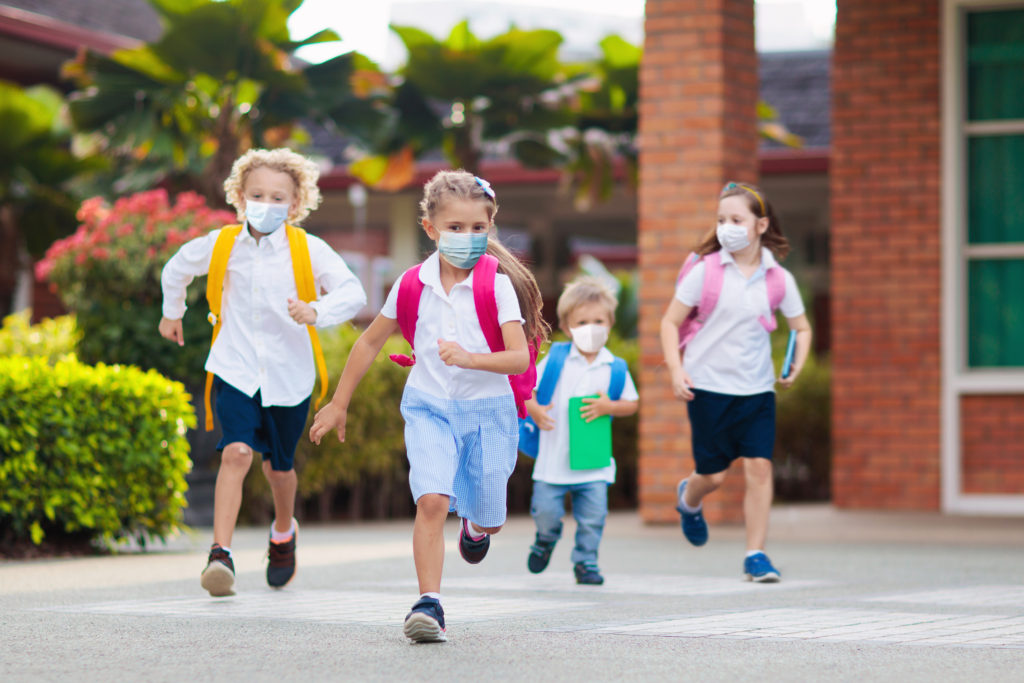Mala Bhardwa and Adrienne Mathews, Atkins
The COVID-19 pandemic has seen radical changes to all aspects of our lives. Lockdown restrictions and social distancing have meant a rethink of how we do everything, including travel. They have also had a significant impact upon travel behaviour across the country. For example, traffic levels slumped to between 35% and 40% of the pre-pandemic volume at the beginning of the March 2020 lockdown[1]. Conversely, as people looked for alternative ways to exercise and travel around their local area, cycling levels doubled during the week and tripled at weekends during the UK’s first lockdown[2].
We have given a lot of attention in recent months to the ‘new normal’ after the pandemic, and one of the key revelations has been the shift towards home working. The adoption of agile working practices has substantially reduced commuting and business travel, with this likely to continue in some form post-COVID-19. This has the potential to bring many benefits including exploring smart and/or micro mobility solutions, lower carbon emissions/improved air quality, and better work/life balances.
However, we have paid little attention to the school run, which also provides us with an opportunity for reshaping and reimagining travel, just like our daily commute. With English schools closing and reopening on multiple occasions during the pandemic, local authorities, transport operators and schools have faced challenges in getting pupils to school safely and sustainably given the changing and uncertain landscape. The constraints of public transport capacity, because of the requirements for social distancing, and the increasing number of parents driving to pick/drop their children has affected how children travel to school.
As and when the world slowly returns to normal, we don’t know for certain how and when school travel patterns will change. What we do know is what we don’t want it to look like – an increased number of cars outside school gates, congested roads, poor air quality and increased physical inactivity as we reject active travel modes in favour of motor vehicles. Now more than ever, we have an opportunity to rethink, reshape and reimagine the journey to school. We need to plan and implement healthier, more active and lower carbon transport options; and communicate them to schools, parents and children. We must help usher in a new ‘normal’ for the school run, in a way that benefits our health, wellbeing, our local environment, and our pocketbooks.
Atkins has been providing support to several local authorities to encourage parents, staff and pupils to adopt active and sustainable travel to schools where it is safe and appropriate to do so because of the aforementioned challenges. Our paper for this year’s Transport Practitioners Meeting titled ‘Covid-19 – an opportunity to rethink and reimagine travel to school’ will present these challenges in more detail. It will consider how we can seize on opportunities for delivering this exciting new ‘normal’ for school travel. An approach that supports healthier, more active and lower carbon journeys for schools.

1 BBC News (2020)“Coronavirus: Traffic levels ‘now double the lockdown low”’, https://www.bbc.co.uk/news/uk-53098950,
2 Campaign for Better Transport (2020) COVID-19 Recovery Renewing the transport system
